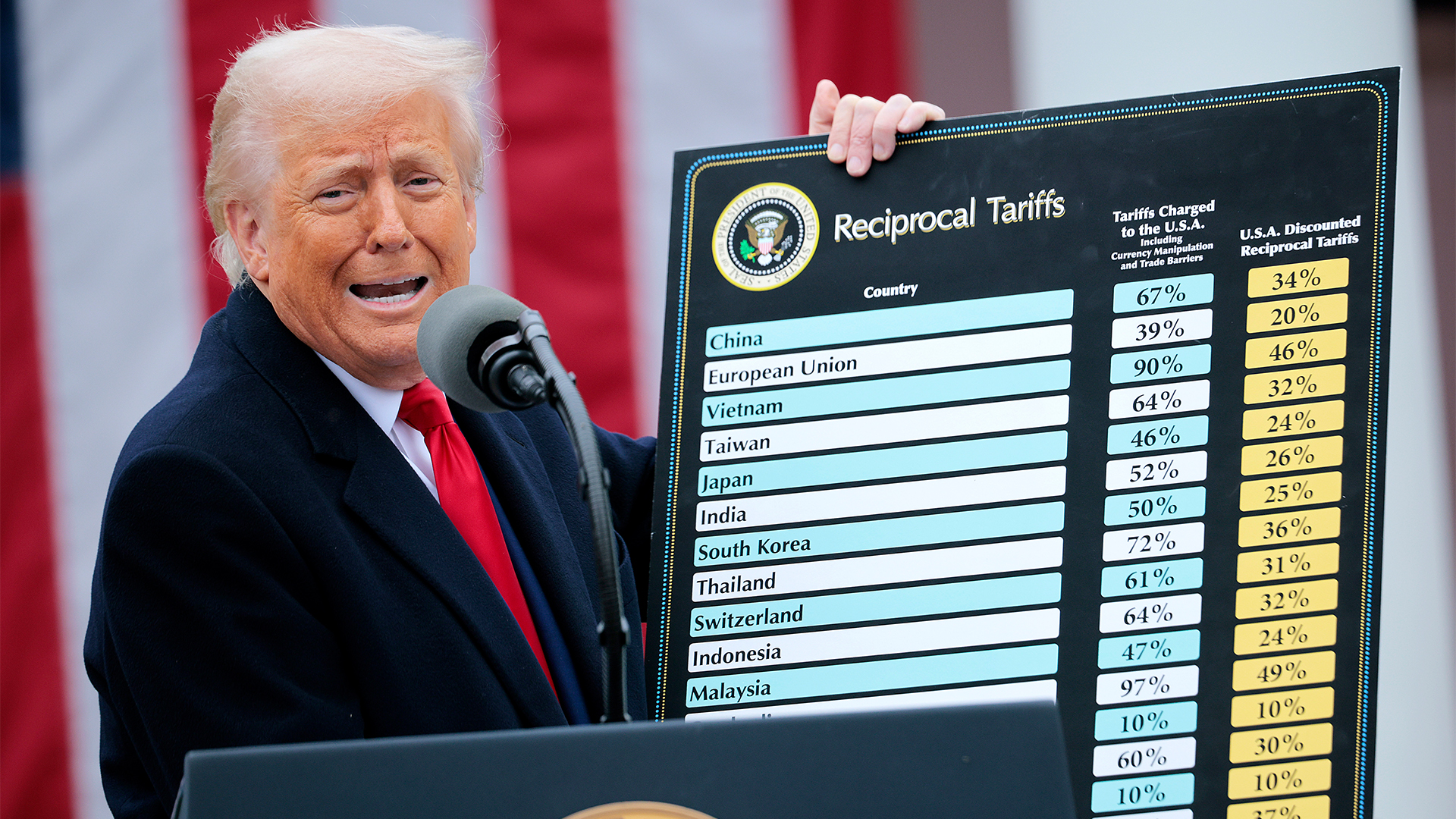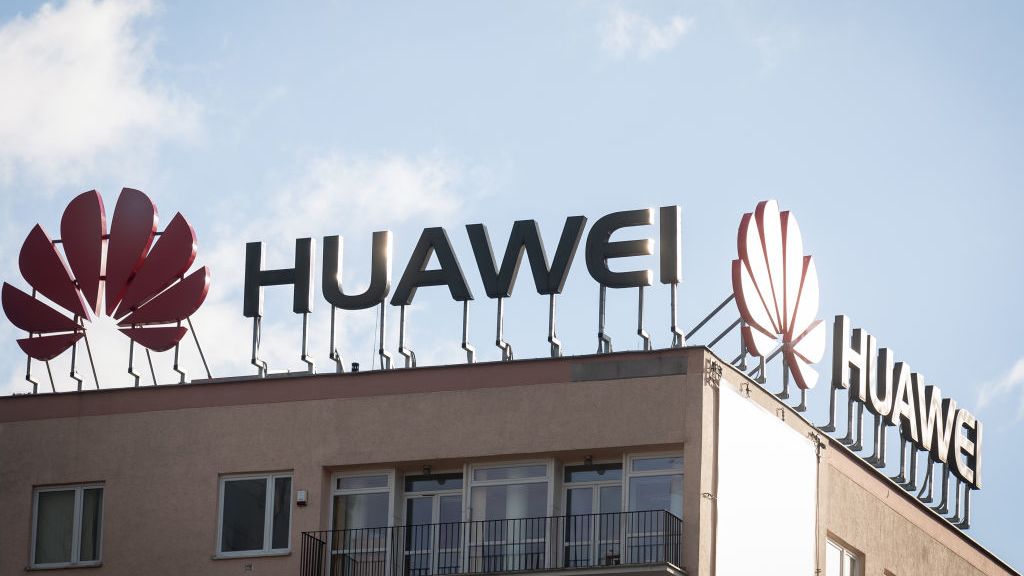Senators want the feds to identify tech to keep away from China
Republicans claim Commerce Department isn’t doing enough to prevent emerging tech from being pirated

With the United States trying to keep sensitive technological advances out of the hands of China’s military, Republican senators are pressuring the federal government to work faster to identify emerging tech that US organizations shouldn’t export to China.
Led by Senator Tom Cotton (R-AR), a frequent critic of the Biden administration, a group of ten Republicans sent a letter to Commerce Secretary Gina Raimondo, Reuters reported. The letter urged her department to identify “emerging and foundational technologies” as required under a 2018 federal law.
“We remain concerned that US businesses export sensitive technologies to ostensibly civilian Chinese firms or accept investment from them only for these Chinese firms to promptly hand over this technology to the Chinese military or intelligence services,” said the letter, which was also signed by Republican stalwarts John Cornyn, Marco Rubio, Ben Sasse, Rick Scott and Todd Young.
Back in 2018, as Chinese entities sought sensitive U.S. technology, Congress sought to tighten the country’s tech export policies. This resulted in a new law requiring the Commerce Department to identify cutting-edge technologies essential to making essential items, such as semiconductors.
That same year, the Commerce Department began assembling a list of dozens of examples of emerging technologies, including face and voice recognition. But it never finalized that list, leading to Republican senators’ most recent outcry.
RELATED RESOURCE

Enabling operational resiliency with Veritas
Boost your DX goals with data and infrastructure insights
“So long as these lists remain incomplete and underutilized, the federal government will lack a properly functioning export control system and foreign investment screening process,” their letter warned.
In response, the Commerce Department said it’s not that simple because “innovation is not static and technology triggering national security concerns can evolve over time, the goal to identify these technologies will be a continuous effort and will not be an objective that is ‘finished’ or ‘complete.’”
Get the ITPro daily newsletter
Sign up today and you will receive a free copy of our Future Focus 2025 report - the leading guidance on AI, cybersecurity and other IT challenges as per 700+ senior executives
It added that it has already restricted U.S. suppliers from selling to companies like Huawei.
In April, Senator Cotton was one of two Republican lawmakers to call for wide-ranging restrictions on semiconductor design software exports to China, citing national security concerns.
The lawmakers urged the Commerce Department to designate the chip design tools, known as electronic design automation (EDA) software, as a “foundational technology,” making it subject to export restrictions.
-
 Cleo attack victim list grows as Hertz confirms customer data stolen
Cleo attack victim list grows as Hertz confirms customer data stolenNews Hertz has confirmed it suffered a data breach as a result of the Cleo zero-day vulnerability in late 2024, with the car rental giant warning that customer data was stolen.
By Ross Kelly
-
 Lateral moves in tech: Why leaders should support employee mobility
Lateral moves in tech: Why leaders should support employee mobilityIn-depth Encouraging staff to switch roles can have long-term benefits for skills in the tech sector
By Keri Allan
-
 IDC warns US tariffs will impact tech sector spending
IDC warns US tariffs will impact tech sector spendingNews IDC has warned that the US government's sweeping tariffs could cut global IT spending in half over the next six months.
By Bobby Hellard
-
 US government urged to overhaul outdated technology
US government urged to overhaul outdated technologyNews A review from the US Government Accountability Office (GAO) has found legacy technology and outdated IT systems are negatively impacting efficiency.
By George Fitzmaurice
-
 US proposes new ‘know-your-customer’ restrictions on cloud providers
US proposes new ‘know-your-customer’ restrictions on cloud providersNews The US aims to stifle Chinese AI competition with new restrictions on cloud providers to verify foreign data center users
By Solomon Klappholz
-
 SEC passes rules compelling US public companies to report data breaches within four days
SEC passes rules compelling US public companies to report data breaches within four daysNews Foreign entities trading publicly in the US will also be held to comparative standards
By Rory Bathgate
-
 US says National Cybersecurity Strategy will focus on market resilience and private partnerships
US says National Cybersecurity Strategy will focus on market resilience and private partnershipsNews The recently announced implementation plans alow for more aggressive action against ransomware gangs
By Rory Bathgate
-
 US ‘Tech Hubs’ drive aims to boost innovation in American heartlands
US ‘Tech Hubs’ drive aims to boost innovation in American heartlandsNews The development of the hubs will could help drive regional innovation and support for tech companies
By Ross Kelly
-
 Biden sets June deadline for $42 billion broadband funding outline
Biden sets June deadline for $42 billion broadband funding outlineNews The announced deadline come prior to a much-awaited update to the FCC's US broadband map, giving a clearer image of the internet challenges facing the nation
By Rory Bathgate
-
 FCC eyes formal ban of all Huawei, ZTE equipment sales
FCC eyes formal ban of all Huawei, ZTE equipment salesNews Approaching the deadline to pass such a ruling, companies such as Kaspersky face similar restrictions
By Rory Bathgate